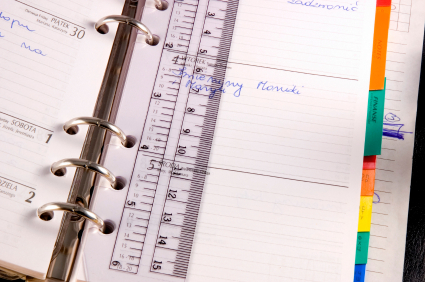
I’ve written before about my proclivity for planning. Perhaps I come by it naturally; my dad was a Marine and my mom a school teacher – both professions that (to do them well) require quite a bit of planning. Perhaps it was not a learned behavior but is simply the way God created me. Whatever the cause – I like agendas, to-do lists, maps, and outlines of expectations. In short – I like a plan.
There are many good things about planning. Having a to-do list helps ensure you stay on track and get the things that you want done accomplished. A map ensures that you arrive at your destination and not somewhere you didn’t intend to be. But for all their goodness, plans can also have a detrimental effect. When we plan with the expectation that we have the ability to prescribe tomorrow’s activities, we run into trouble. As James 4:14 reminds us – we do not know what tomorrow will bring. If we hold so tightly to our plans that we either neglect to pursue what God may orchestrate for the day or we worry about making sure what we’ve orchestrated comes to pass, our plans become a hindrance and not a benefit.
George MacDonald illustrated this well when he wrote:
It has been well said that no man ever sank under the burden of the day. It is when tomorrow’s burden is added to the burden of today that the weight is more than a man can bear. Never load yourselves so, my friends. If you find yourselves so loaded, at least remember this: it is your own doing, not God’s. He begs you to leave the future to Him and mind the present.
In other words, when we are content with what God has placed before us today, we have nothing to worry about. It’s when we also take on what we think tomorrow holds that we find ourselves overwhelmed and anxious.
The solution, as MacDonald identified is simple. We are to leave the future to His concern, and concern ourselves with what He has called us to today, recognizing as Proverbs says, “The heart of man plans his way,but the Lord establishes his steps” (Prov. 16:9)
